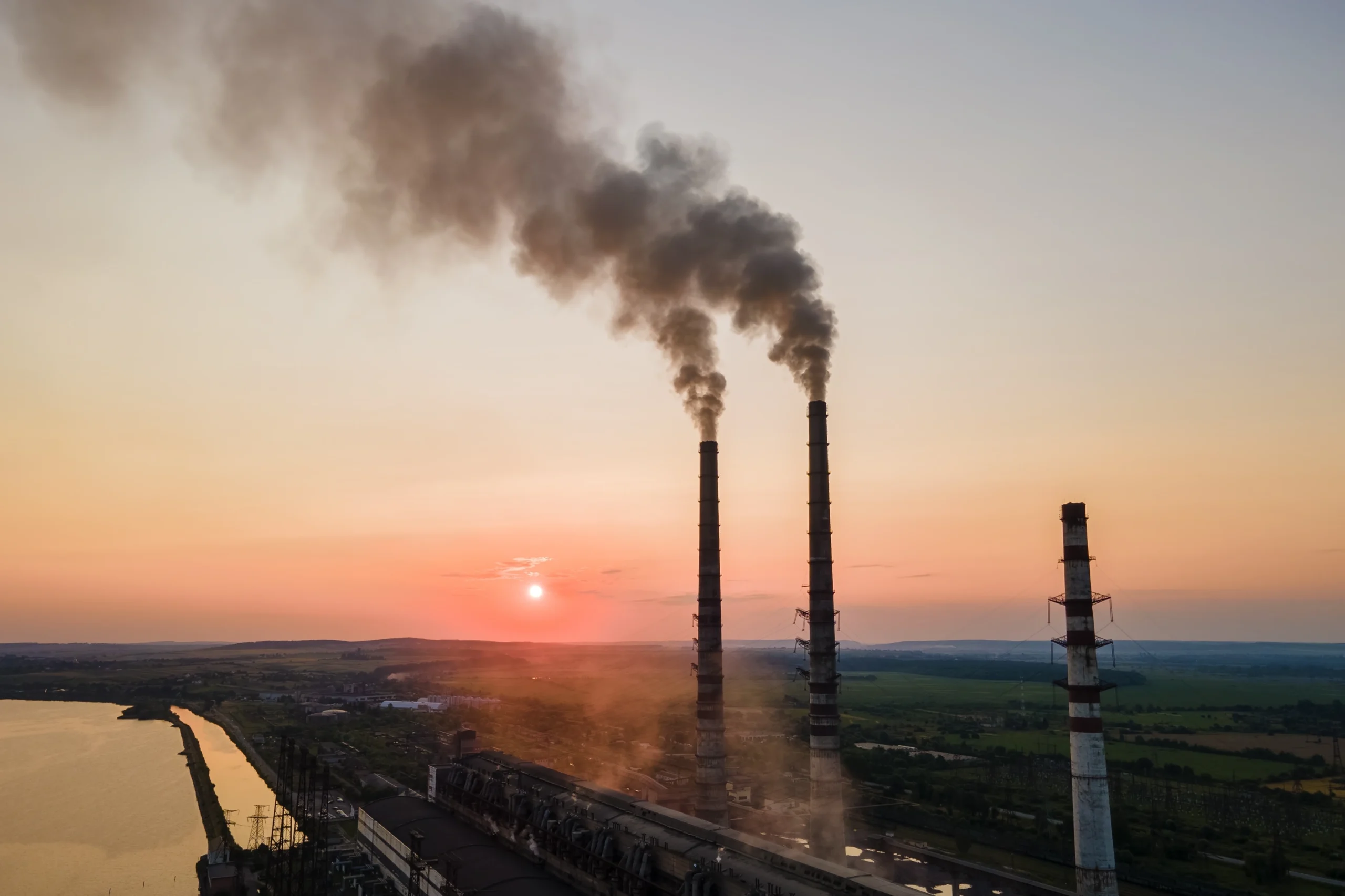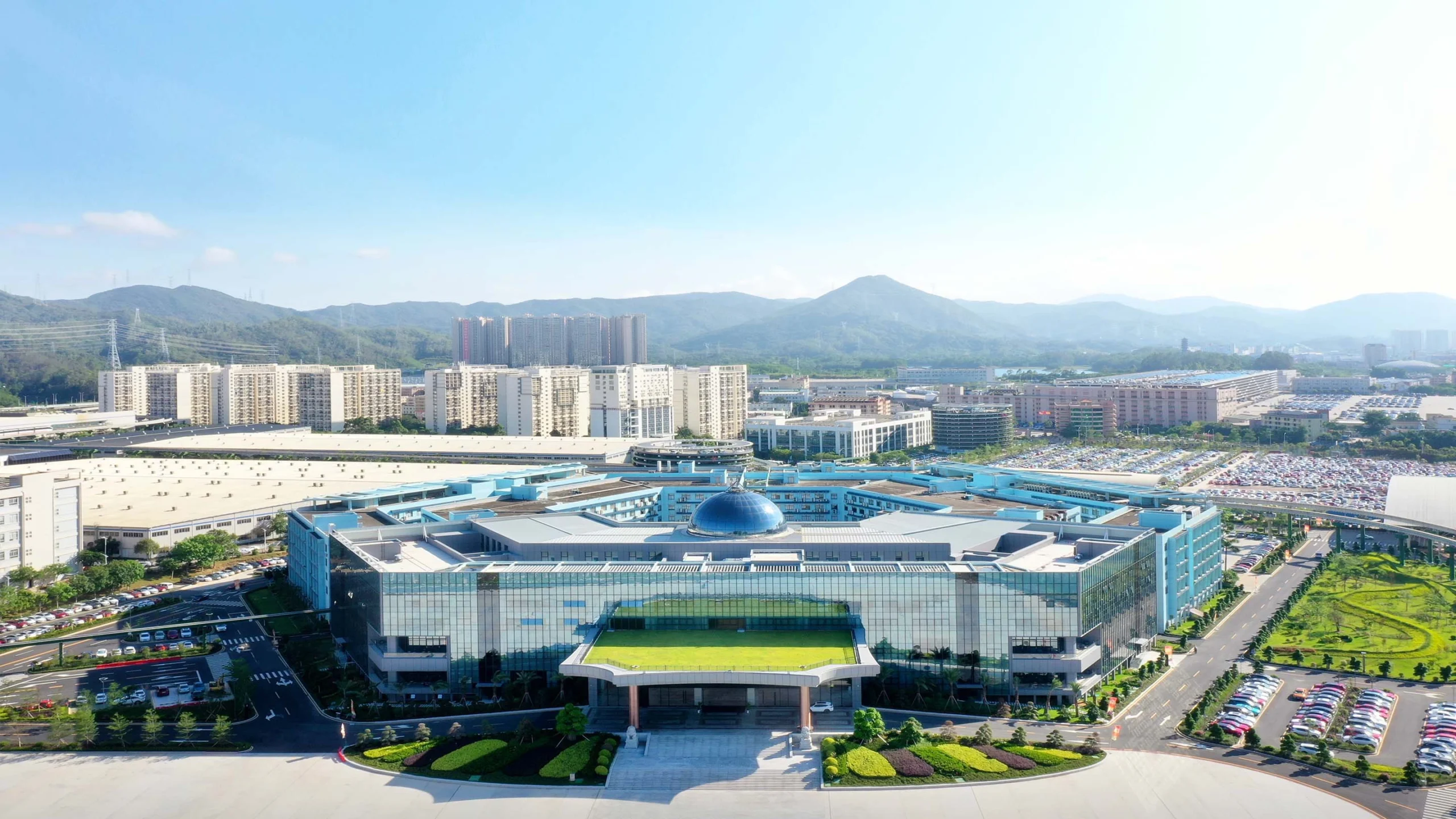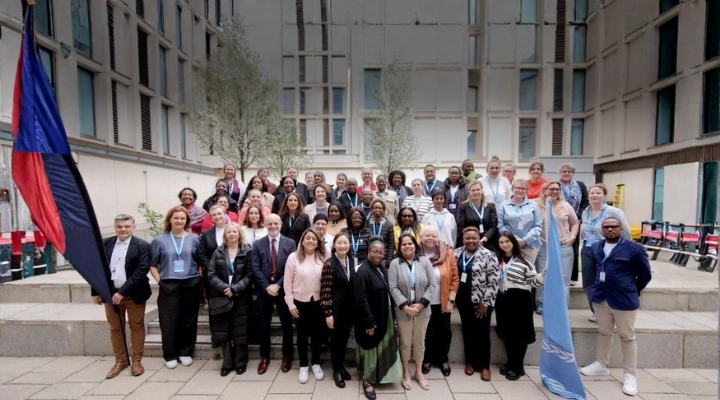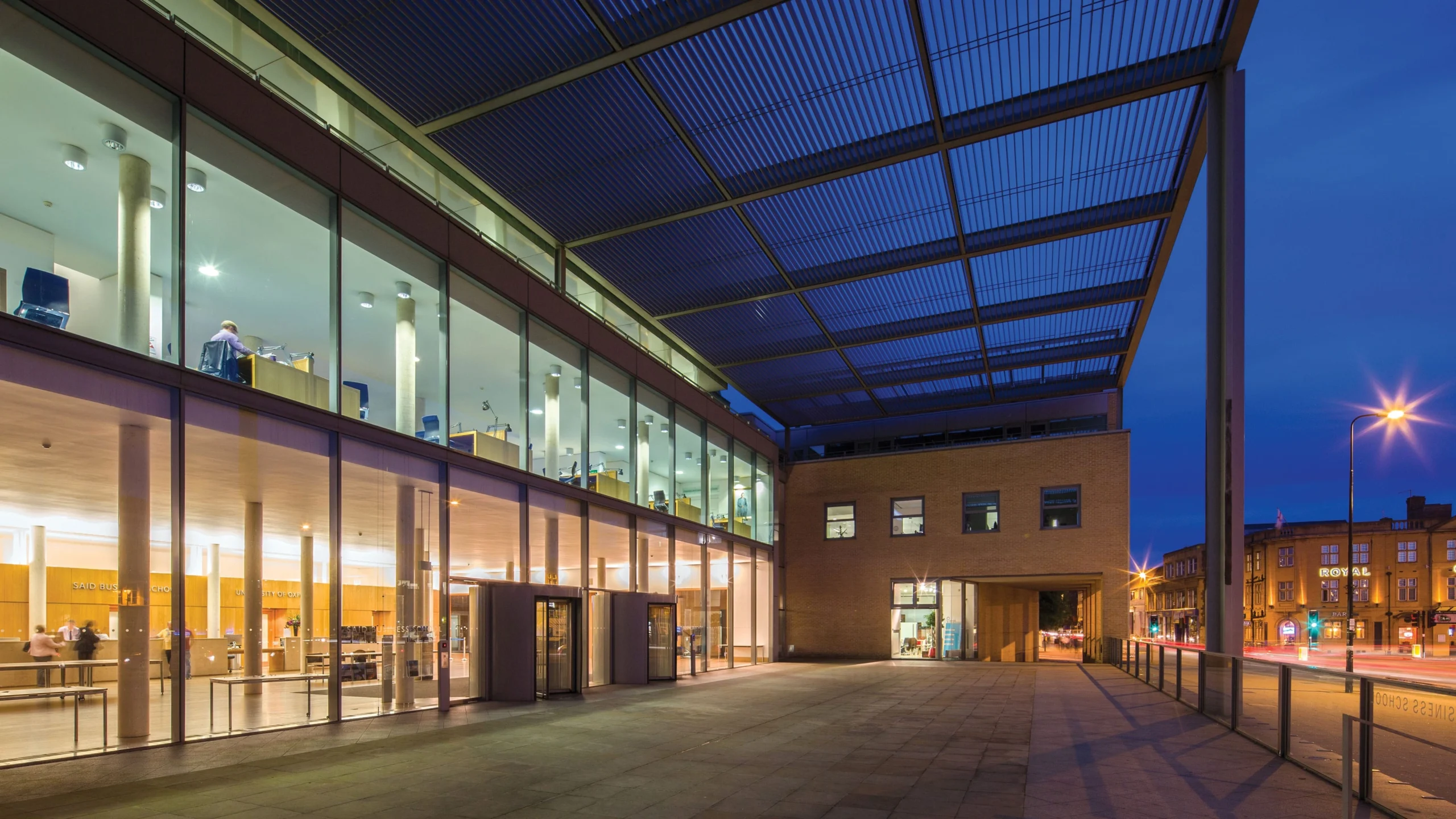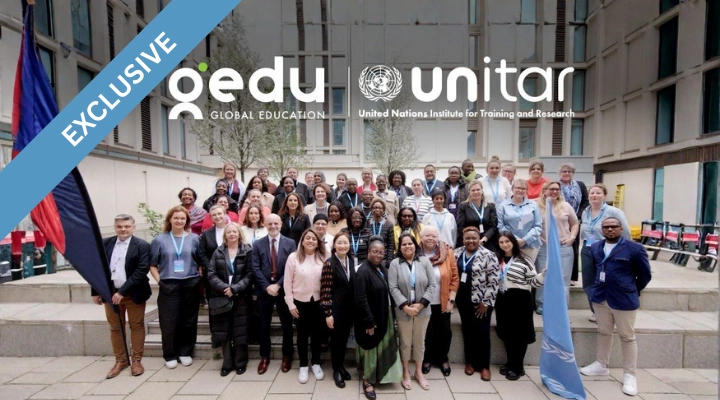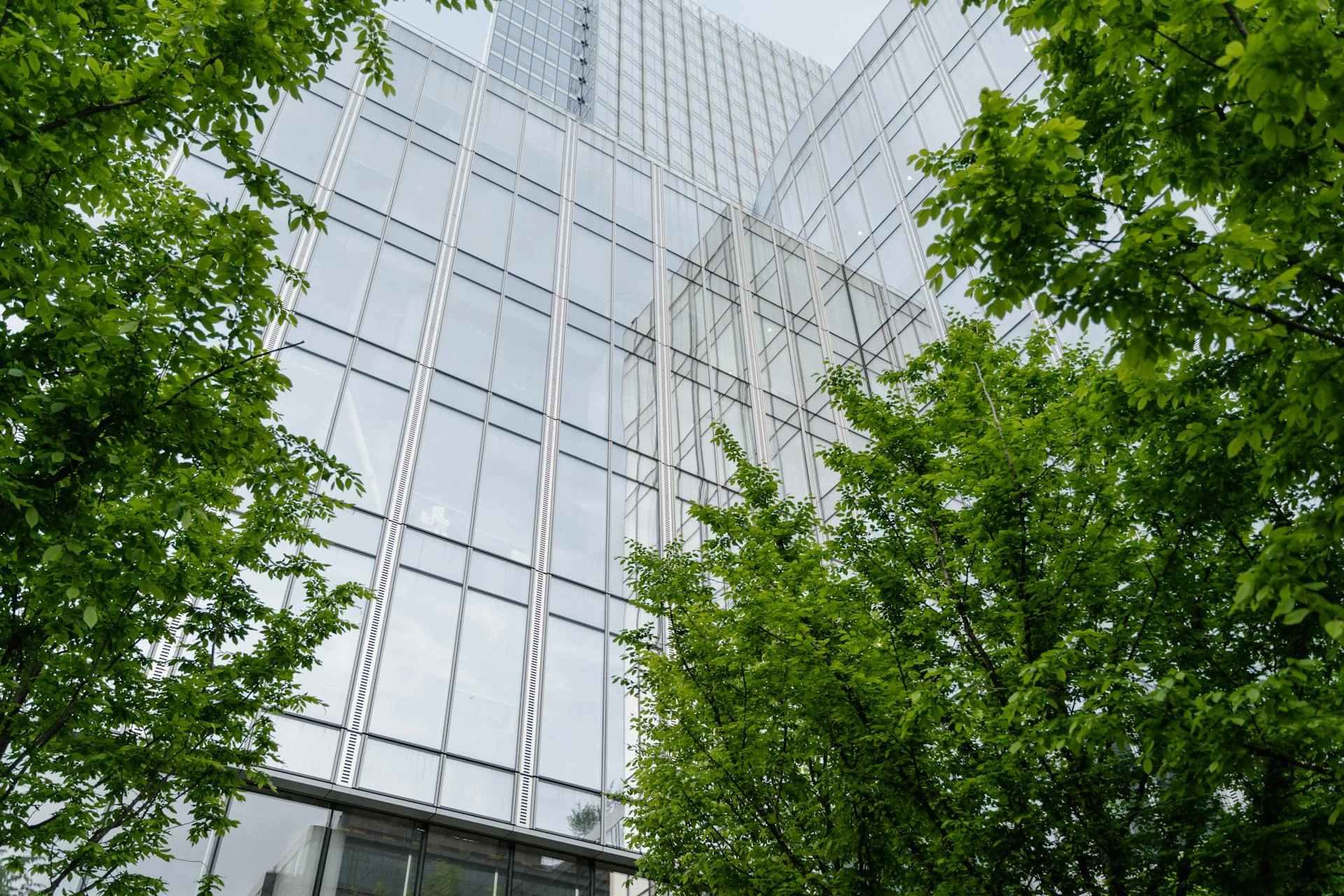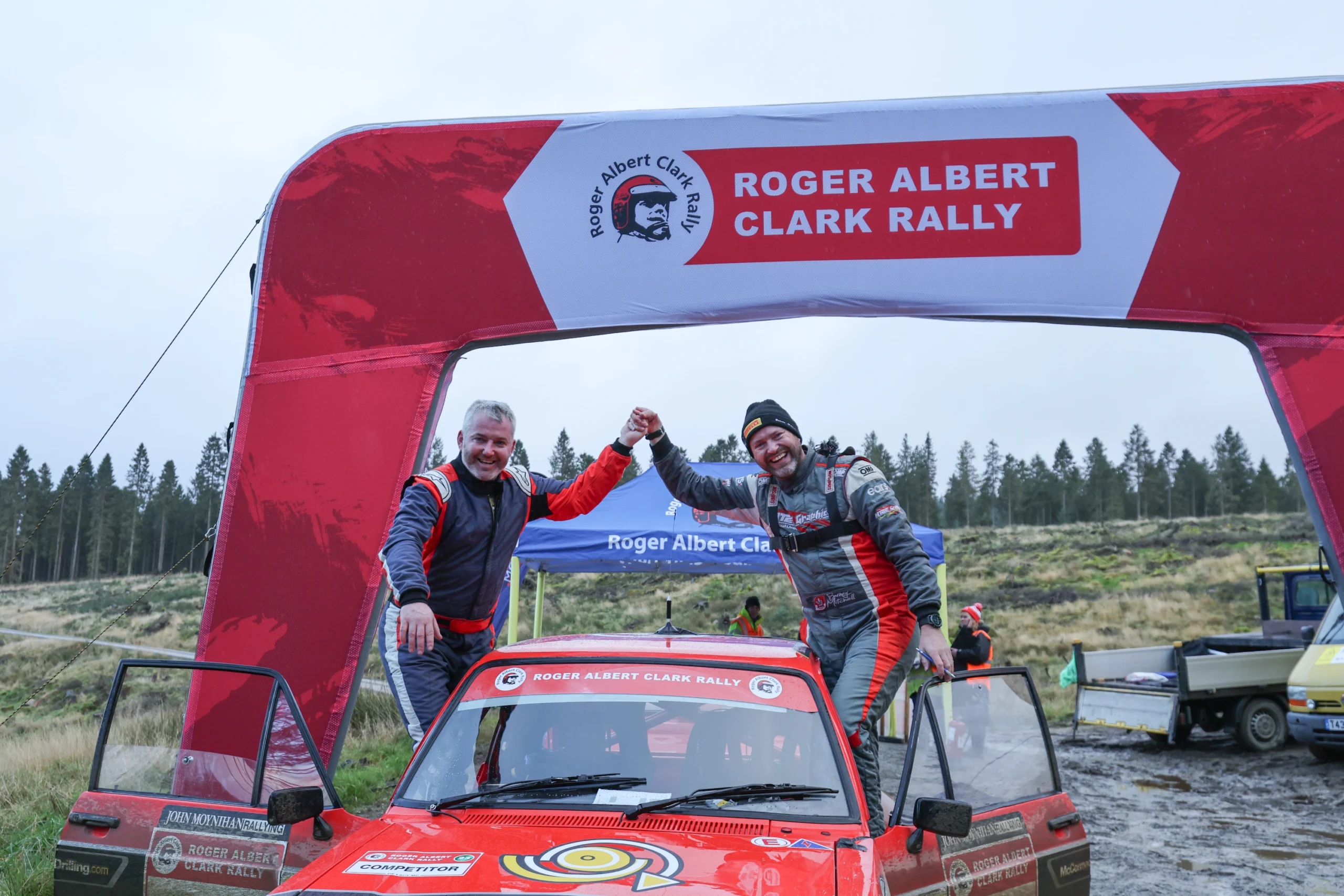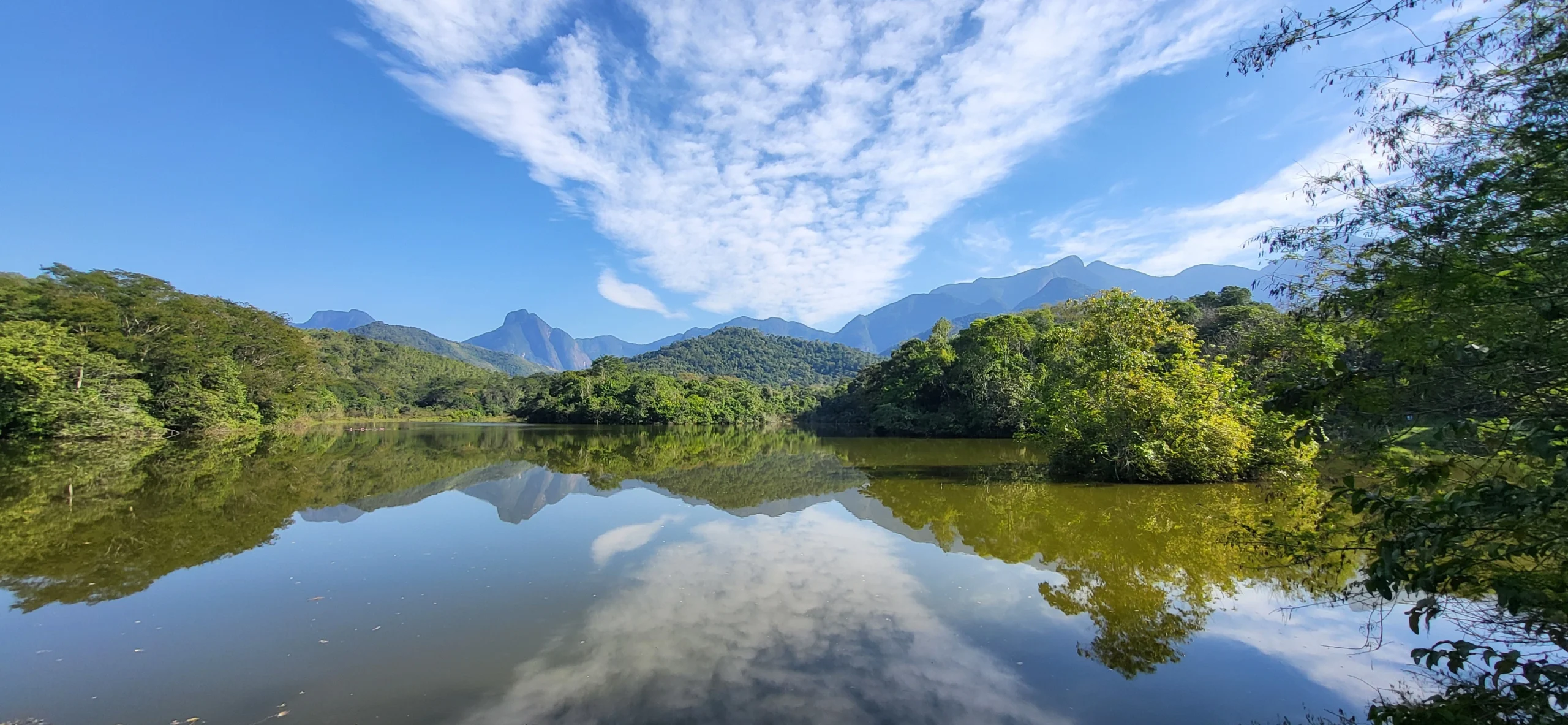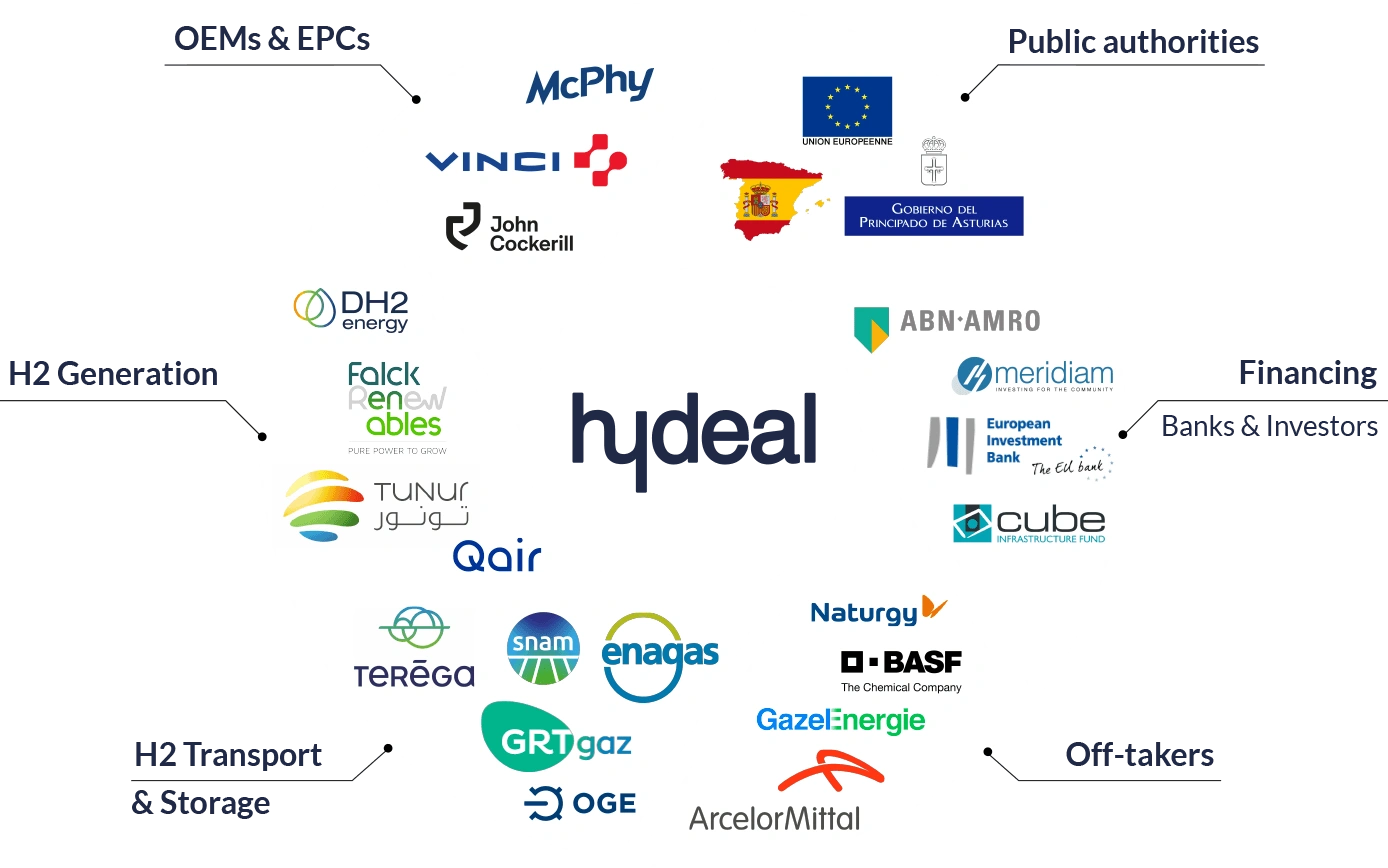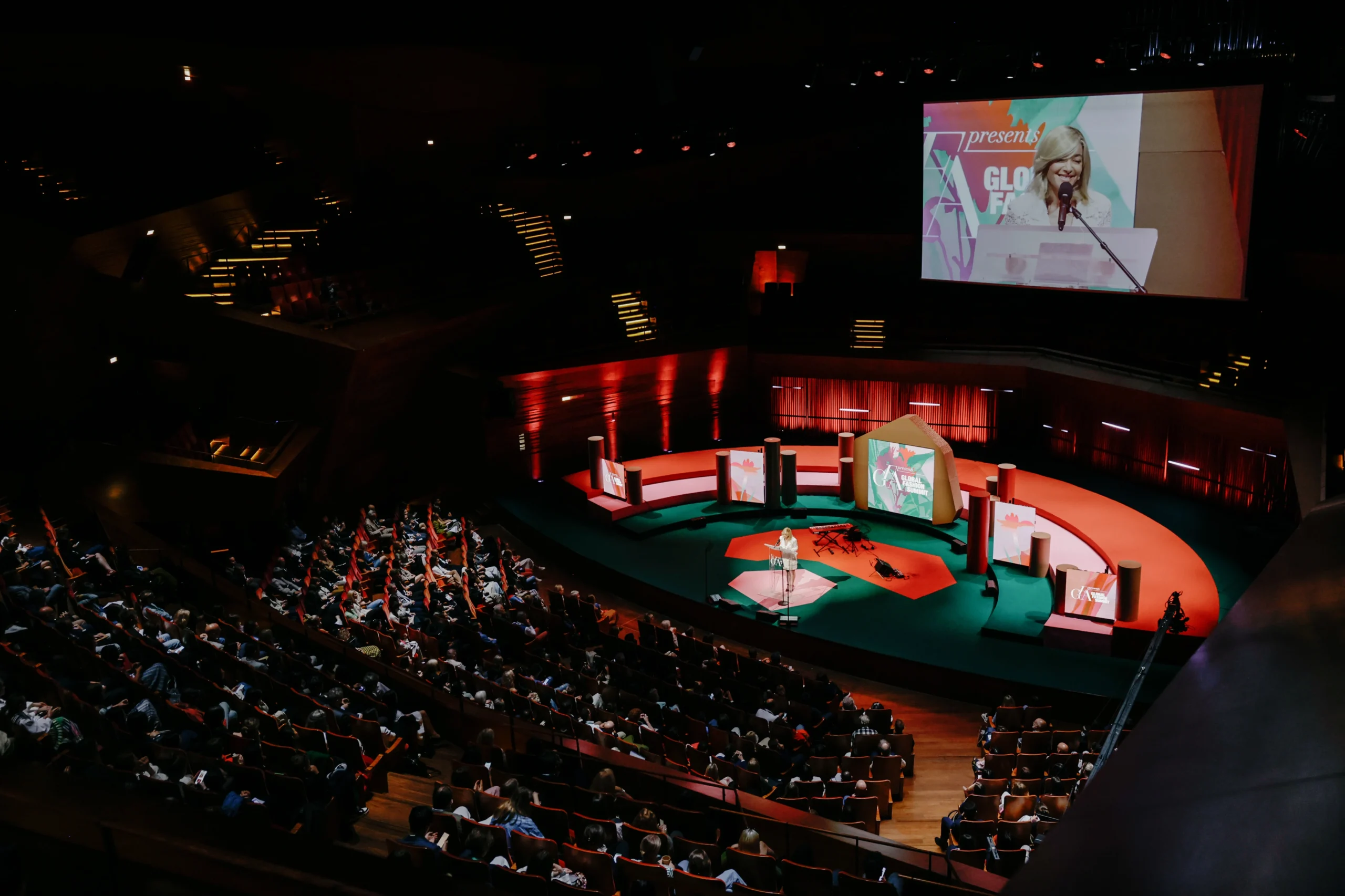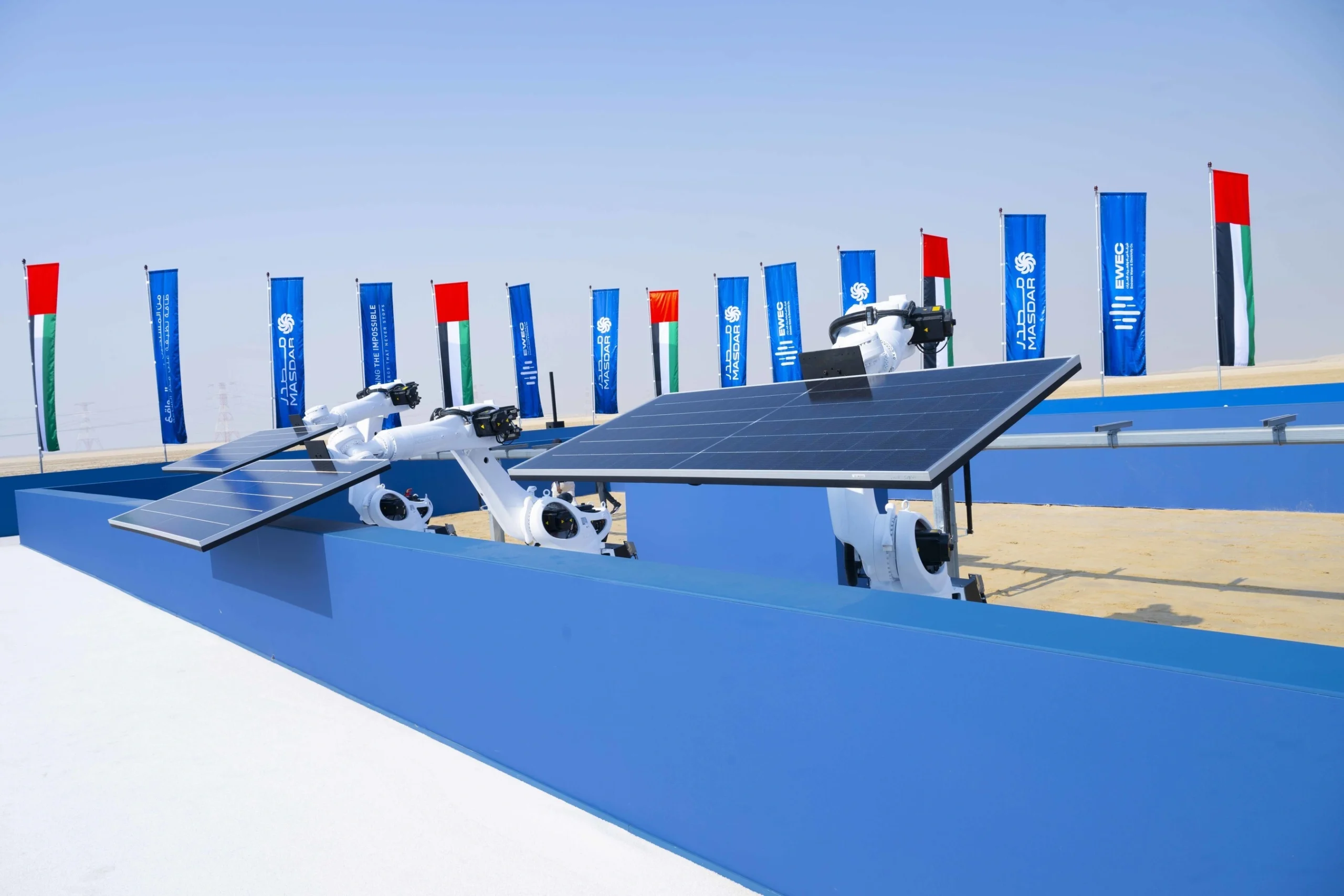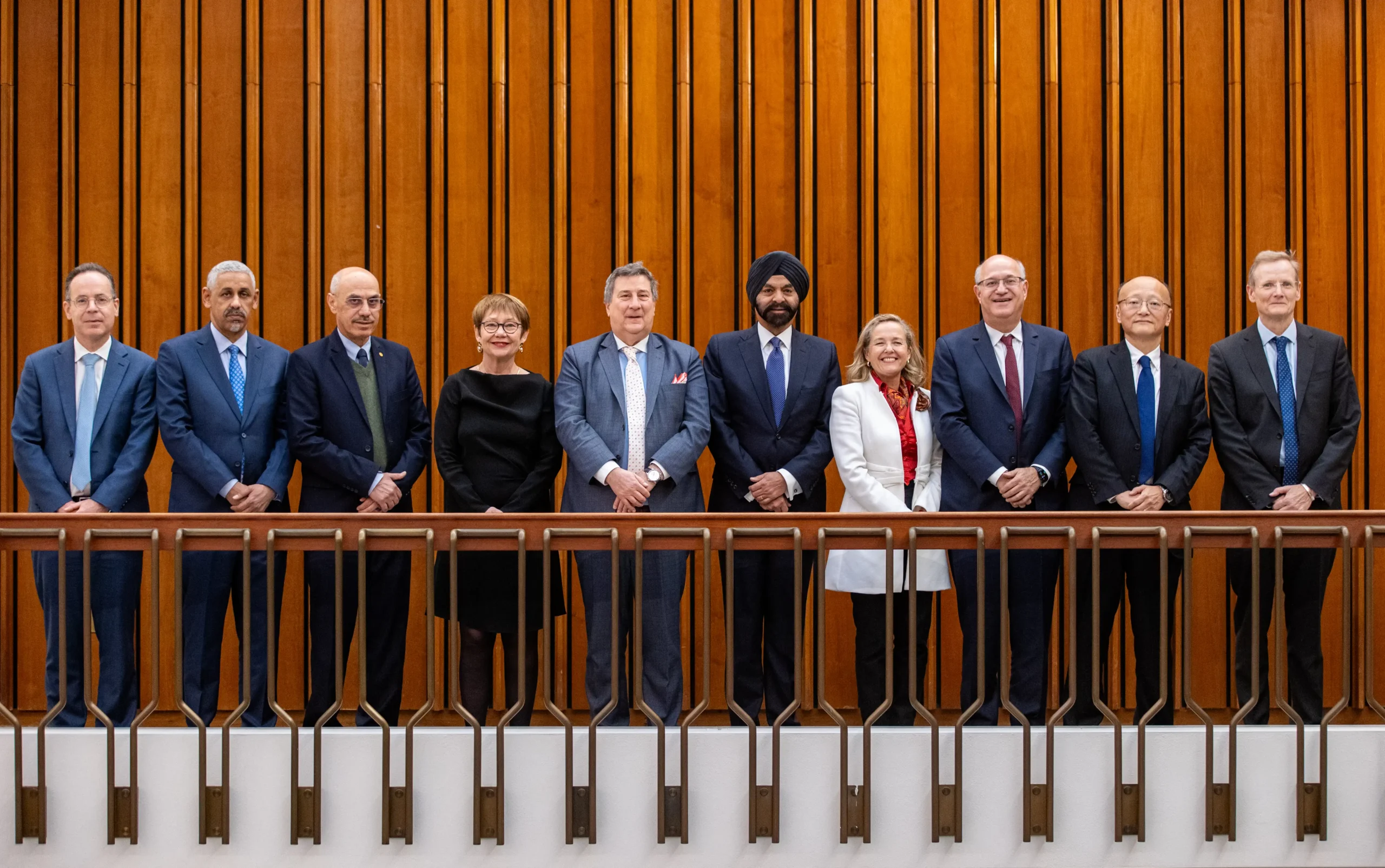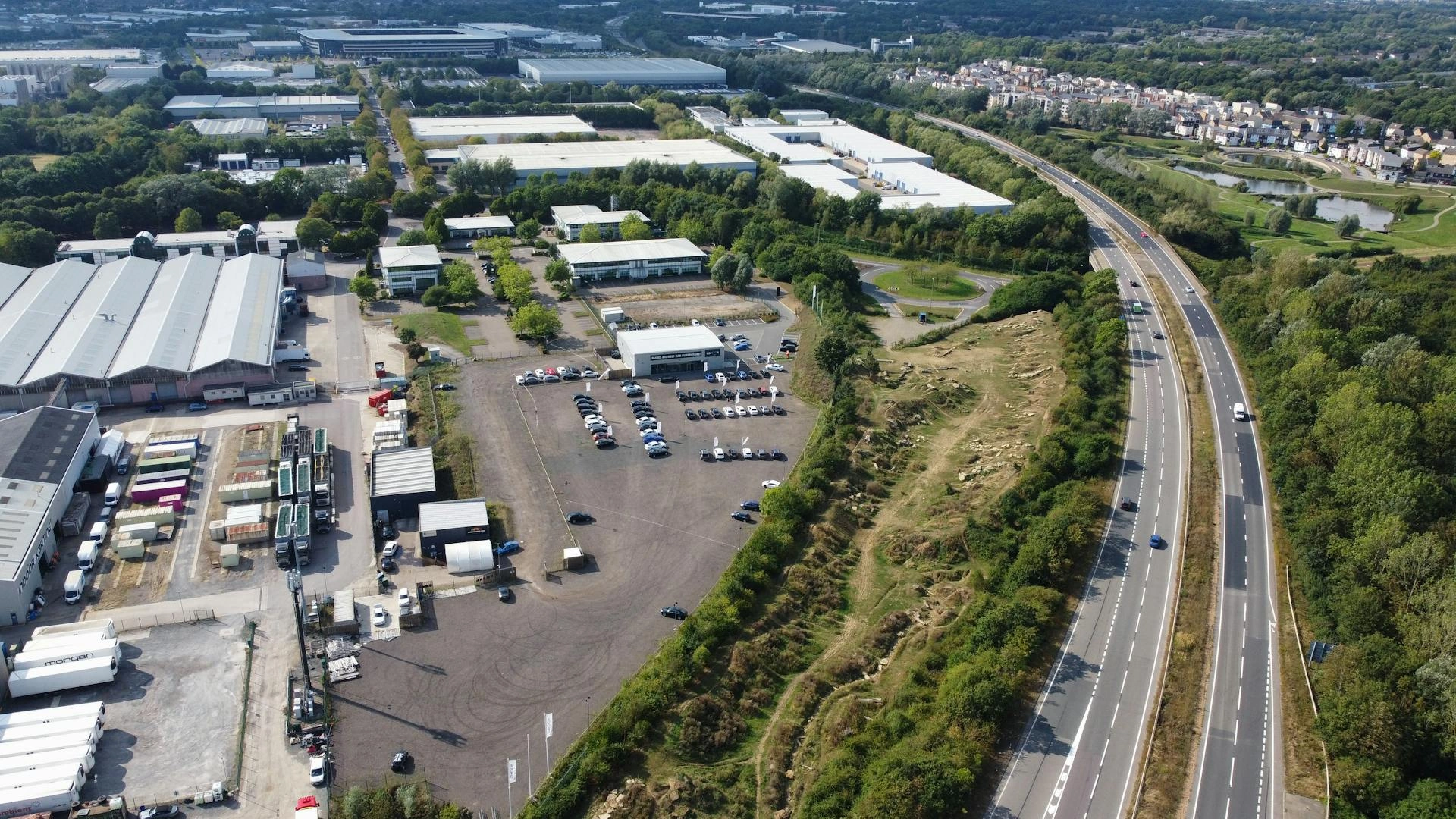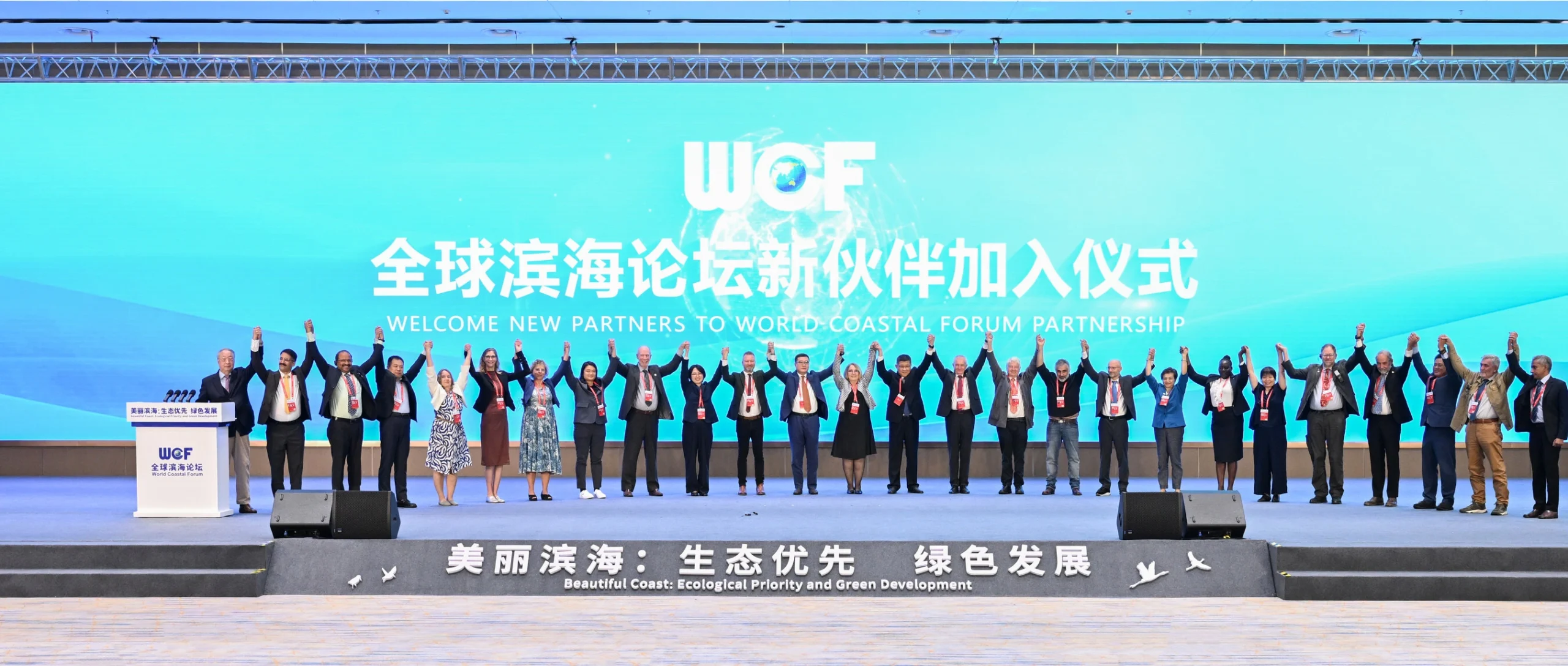Collaboration is key to tackling climate change

John E. Kaye
- Published
- Home, Sustainability
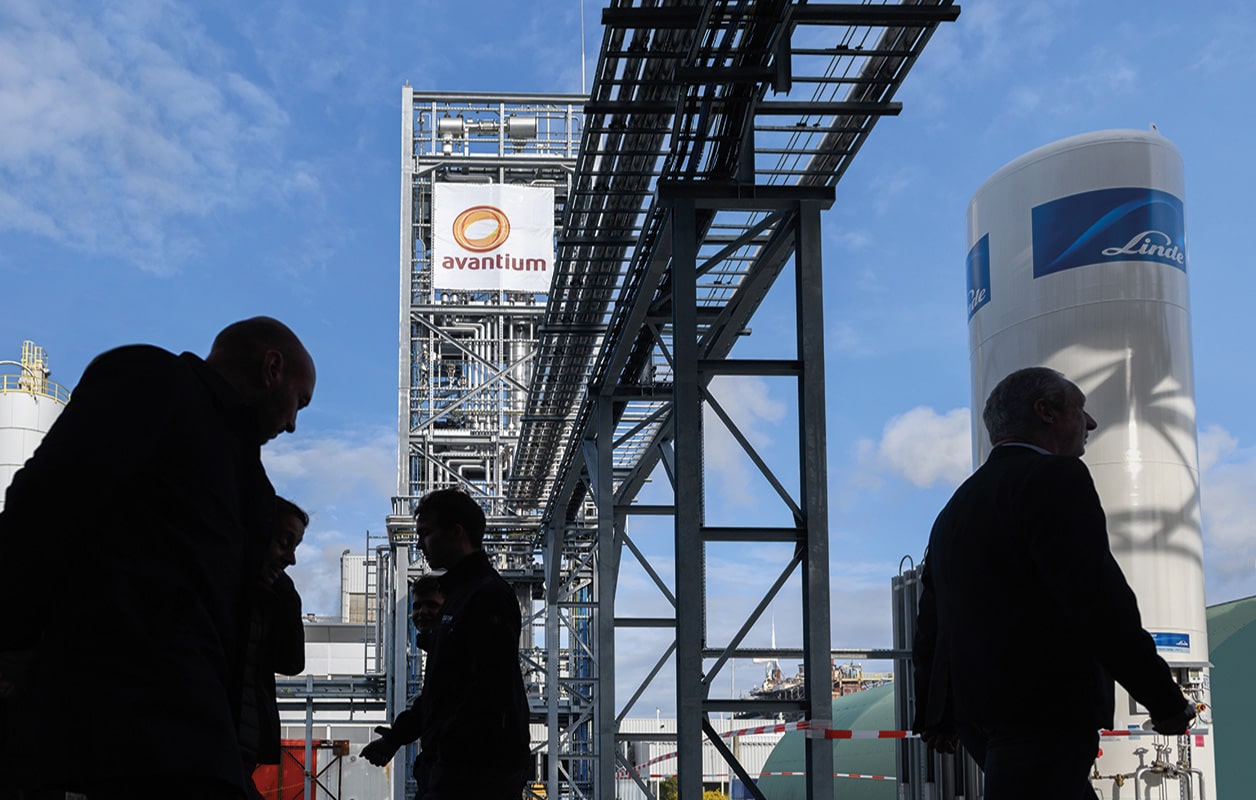
Big, environmental set pieces like COP26 help raise awareness of the climate emergency, but they don’t do enough to deliver real, tangible progress, argues Tom van Aken, CEO at Avantium
COP26 is seen as possibly the most important global meeting ever to take place in the UK. A major progressive, positive step forward from the Paris Agreement. Five themes, four goals, and over 200 countries in attendance to move the world forward.
The topic of the climate has never been more pressing. A recent study from University College London revealed almost 60% of both oil and fossil methane gas and 90% of coal must remain in the ground by 2050 to keep global warming below 1.5°C. So, it’s very encouraging to see government commitment to safeguarding our environmental future.
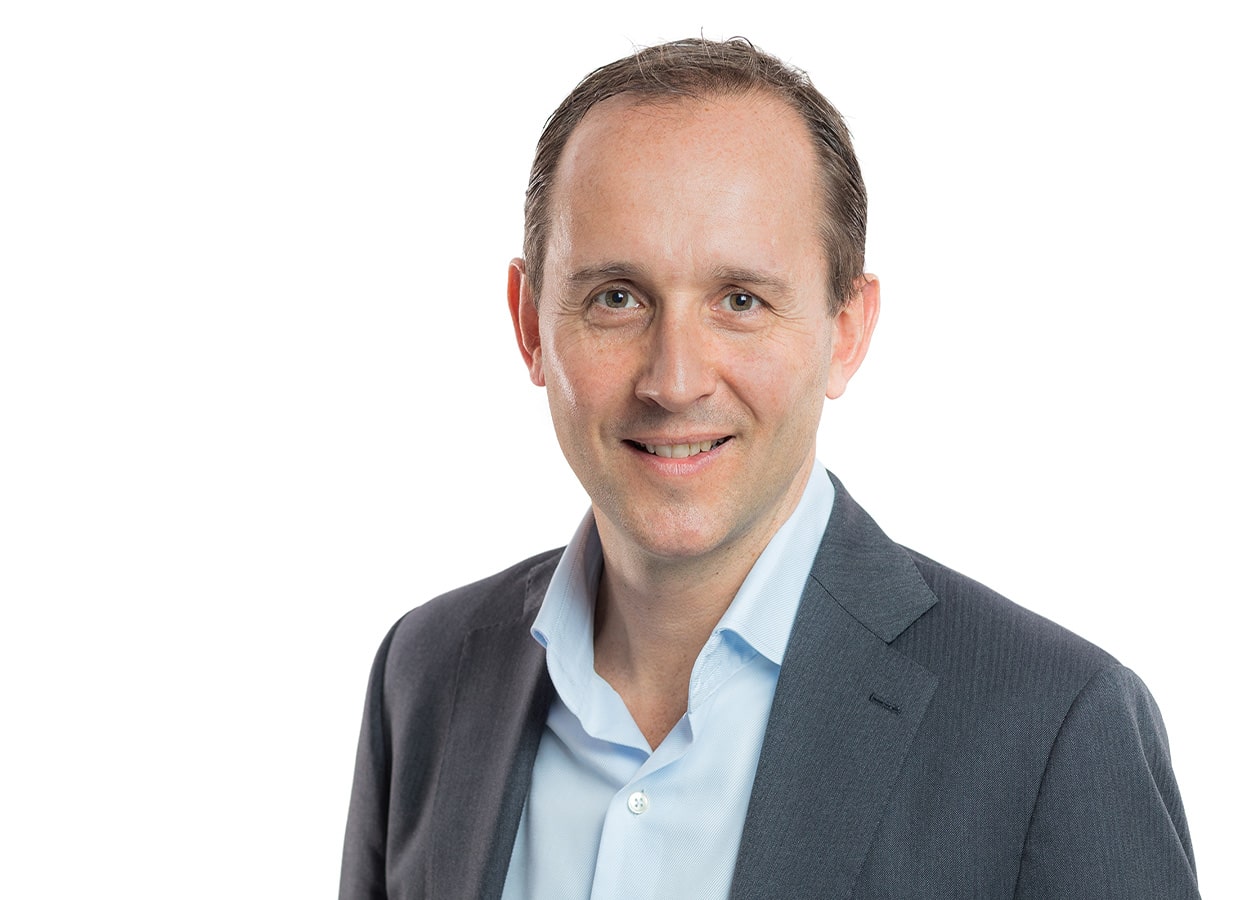
However, the top-down approach taken by global governments is only one part of the solution. Real, lasting change is not built on public commitments alone. Nor is it delivered predominantly by politicians, bureaucrats, and thought leaders. They can create the framework, set the example, and provide the catalyst for change, but the true lasting transformation is a grassroots phenomenon. It is a mass movement combining innovation, mass collaboration, and, ultimately, behavioural change across the globe.
The bigger picture is not always the best approach
Herein lies the problem with focusing on the bigger picture. COP26 is focused on huge, macro issues. Global commitments, national legislation, large-scale funding packages, and incentisisation.
Conversely, the fastest way to slow down climate change and transition to a circular economy are by harnessing science and technology. New, disruptive innovations can drive real change. However, they require “early adopters”, those who are willing to jump into new solutions that will be the future, and “enablers”, those more typically conventional businesses who are willing to take a little bit more of a short-term risk for a long-term solution. We need individuals and brands who want to take smart risks and position themselves at the forefront of change. As the CEO of a company that operates in this space, I understand this mindset and am passionate about our mission. This is not about dreaming, but shaping a world free from a reliance on fossil feedstock.

Avantium is dedicated to creating sustainable technologies. Our goal is to make economically competitive and scalable chemicals and materials that are produced entirely from renewable feedstocks, resulting in significant CO2 reductions. For example, our YXY® Technology catalytically converts plant-based sugar into FDCA, the key building block for a wide range of plant-based chemicals and plastics such as PEF: a 100% plant-based, recyclable, and degradable plastic, with superior performance properties compared to its fossil-based counterpart. Another of our innovations, Volta, is a platform technology that literally takes CO2 from emissions and turns it into a useful material. Volta uses electrochemistry to convert CO2 to high-value products and chemical building blocks, which can then be used in a multitude of products, from cosmetics to plastic materials. These innovations do not only result in drastic carbon emissions of fossil counterparts, but also shape the future circular economy.
Developments for the future
Both technologies have potentially transformational applications and can help the world reduce both emissions and its reliance on petroleum-based plastics. Unfortunately, however, development and deployment are neither quick nor easy processes. Aside from years of R&D, we need to prove the concept, assess its ability to scale, recruit the right partners, conduct pilots, and deliver the foundations for large-scale manufacturing – all the while testing at every stage to ensure we are meeting the appropriate safety and sustainability standards. All in all, it can take around a decade before we even have the chance to enter the mainstream.
But a decade in the life of the planet is nothing. Yes, action must happen now – but we also need to commit to developments that will keep us moving forward into the future. With patience and effort, we can get there, and all our technologies are moving towards commercialisation with very promising results. But we are just one company.
Collaboration is the key to change
Our vision of a greener world cannot be achieved alone. Collaboration between businesses, scientists, and policymakers can help incite greater change. Better engagement and education with the public on the impact of climate change is key, as it can help inspire and excite current and future generations of scientists to help solve the plastic problem.
There is tremendous potential to build new circular supply chains and practices with stakeholders across industries using all parts of a plant to make chemicals and materials, but this takes collaboration in which more critical information is shared than before, to reach success faster.
At Avantium, we are actively seeking and engaging like-minded partners to join us on our journey to create fossil-free, circular, and innovative plastic solutions. We already work with a number of major international brand holders and disruptive players to bring sustainable products, from packaging to textiles, to the global market.
Lasting change takes time
A change in perspective is at the heart of this. Short-term, one-track thinking is ruining our world. New technologies require a shift in mindset. For some early adopters, this is easy, but for many, this takes time and cooperation.
We greatly benefit from government and EU funding, and our shareholders know this is a long game that has potentially transformational results – we have been clear about that from the start. But not every organisation is as fortunate as us, and we feel it is important for us as players in this industry to bring attention to financing. As with anything “new”, this brings an element of intrinsic risk, which in turn brings challenges for funding. The current system is set up to convert existing industry – from linear to circular – but with these, the transition is much too slow, and as mentioned before, we simply don’t have the luxury of time. So, more support is needed to give players entering this industry access to the capital to build the new value chain and scale up new technologies.
While huge global conferences like COP26 set the tone and make expectations clear, they don’t drive the volume and speed of change that is necessary. Businesses, technology, and scientists will ultimately dictate how rapidly we can react, and to accelerate, we need more than just targets and commitments. We need action to facilitate the sharing of ideas and information, incentivise this open and transparent collaboration, and reward long-term thinking. Join us on our mission to accelerate to a fossil-free world.
For further information:
RECENT ARTICLES
-
 Strong ESG records help firms take R&D global, study finds
Strong ESG records help firms take R&D global, study finds -
 How residence and citizenship programmes strengthen national resilience
How residence and citizenship programmes strengthen national resilience -
 Global leaders enter 2026 facing a defining climate choice
Global leaders enter 2026 facing a defining climate choice -
 EU sustainability rules drive digital compliance push in Uzbekistan ahead of export change
EU sustainability rules drive digital compliance push in Uzbekistan ahead of export change -
 China’s BYD overtakes Tesla as world’s largest electric car seller
China’s BYD overtakes Tesla as world’s largest electric car seller -
 UK education group signs agreement to operate UN training centre network hub
UK education group signs agreement to operate UN training centre network hub -
 Mycelium breakthrough shows there’s mush-room to grow in greener manufacturing
Mycelium breakthrough shows there’s mush-room to grow in greener manufacturing -
 Oxford to host new annual youth climate summit on UN World Environment Day
Oxford to host new annual youth climate summit on UN World Environment Day -
 Exclusive: Global United Nations delegates meet in London as GEDU sets out new cross-network sustainability plan
Exclusive: Global United Nations delegates meet in London as GEDU sets out new cross-network sustainability plan -
 Fast fashion brands ‘greenwash’ shoppers with guilt-easing claims, study warns
Fast fashion brands ‘greenwash’ shoppers with guilt-easing claims, study warns -
 Private sector set to overtake government as main driver of corporate sustainability in 2026, report suggests
Private sector set to overtake government as main driver of corporate sustainability in 2026, report suggests -
 Sir Trevor McDonald honoured at UWI London Benefit Dinner celebrating Caribbean achievement
Sir Trevor McDonald honoured at UWI London Benefit Dinner celebrating Caribbean achievement -
 Historic motorsport confronts its energy future
Historic motorsport confronts its energy future -
 Protecting the world’s wild places: Dr Catherine Barnard on how local partnerships drive global conservation
Protecting the world’s wild places: Dr Catherine Barnard on how local partnerships drive global conservation -
 Europe’s HyDeal eyes Africa for low-cost hydrogen link to Europe
Europe’s HyDeal eyes Africa for low-cost hydrogen link to Europe -
 Fabric of change
Fabric of change -
 Courage in an uncertain world: how fashion builds resilience now
Courage in an uncertain world: how fashion builds resilience now -
 UAE breaks ground on world’s first 24-hour renewable power plant
UAE breaks ground on world’s first 24-hour renewable power plant -
 China’s Yancheng sets a global benchmark for conservation and climate action
China’s Yancheng sets a global benchmark for conservation and climate action -
 Inside Iceland’s green biotechnology revolution
Inside Iceland’s green biotechnology revolution -
 Global development banks agree new priorities on finance, water security and private capital ahead of COP30
Global development banks agree new priorities on finance, water security and private capital ahead of COP30 -
 UK organisations show rising net zero ambition despite financial pressures, new survey finds
UK organisations show rising net zero ambition despite financial pressures, new survey finds -
 Gulf ESG efforts fail to link profit with sustainability, study shows
Gulf ESG efforts fail to link profit with sustainability, study shows -
 Redress and UN network call for fashion industry to meet sustainability goals
Redress and UN network call for fashion industry to meet sustainability goals -
 World Coastal Forum leaders warn of accelerating global ecosystem collapse
World Coastal Forum leaders warn of accelerating global ecosystem collapse



